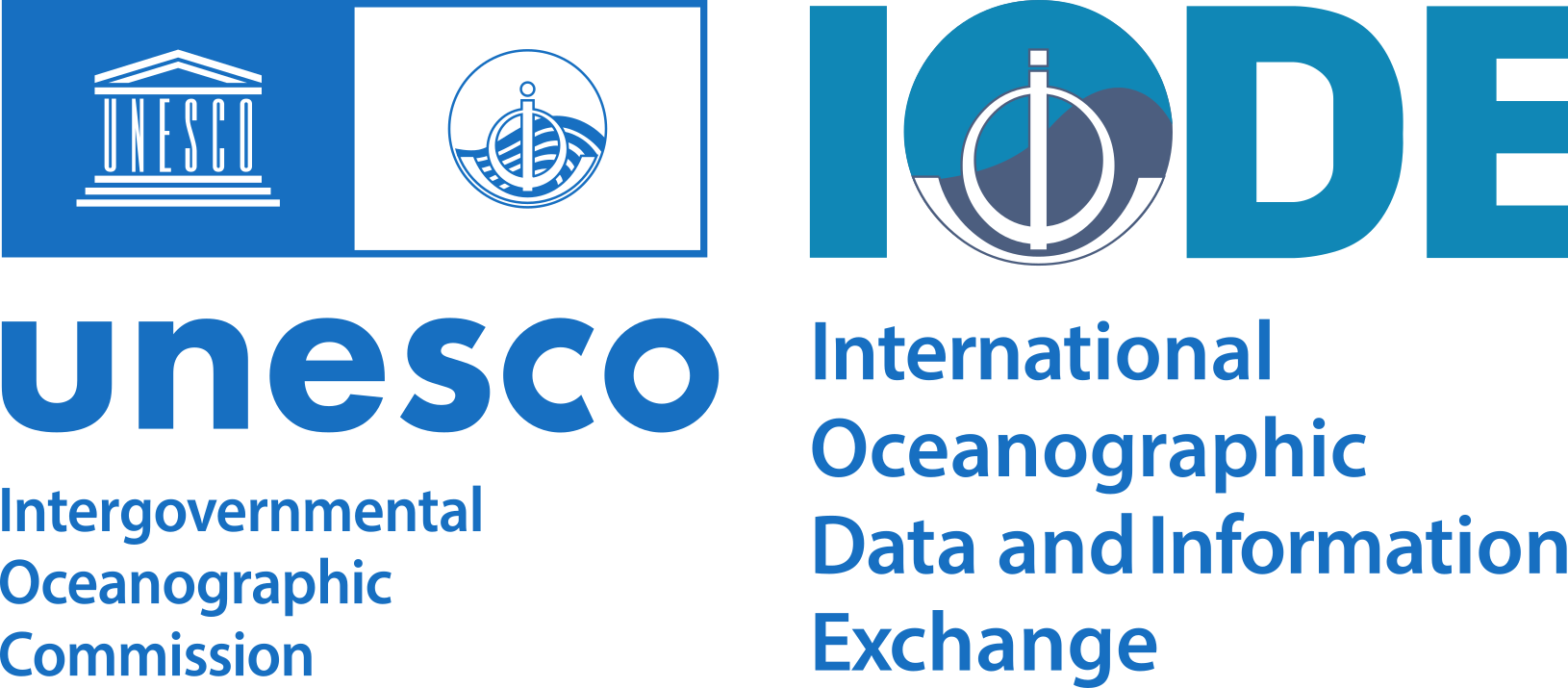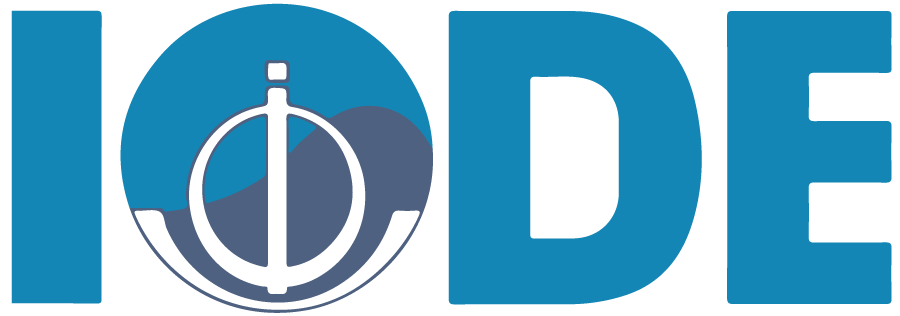The core focus of the Decade Coordination Office (DCO) for Ocean Data Management will be on supporting the Ocean Decade Challenge 8 : “Through multi-stakeholder collaboration, develop a comprehensive digital representation of the ocean, including a dynamic ocean map, which provides free and open access for exploring, discovering, and visualizing past, current, and future ocean conditions in a manner relevant to diverse stakeholders.”The DCO will thus support the development of the capacity, functionality and interoperability of the management of and accessibility to ocean data, information and knowledge.
The DCO aims to manage the Data Sharing component of the digital ecosystem needed for the Ocean Decade to be successful. Thus it will also support, interact and overlap with the other components of the digital ecosystem and therefore enables challenges 7 and 9.
- Challenge 9: “Ensure comprehensive capacity development and equitable access to data, information, knowledge and technology across all aspects of ocean science and for all, stakeholders.”
- Challenge 7: “Ensure a sustainable ocean observing system across all ocean basins that delivers accessible, timely, and actionable data and information to all users.”
The activities of this DCO will promote sustained digital interoperability between the data, information, and digital knowledge generated by initiatives across the Decade. It will bring together digital stakeholders – across regions, organizational scales, and capacity levels – to negotiate and establish clear agreements (from high- to low-level) on their co-development of the Decade’s digital ecosystem.
The DCO for Ocean Data Sharing will continue coordinating activities towards cooperation between both UN and non-UN organizations which were started by IODE in 2020 (two workshops were held to bring together UN organizations and non-UN organizations to share information on their data activities and data holdings, and to invite them to collaborate under the Decade).
The DCO’s activities will support a transparent, structured, intelligent, interoperable, and functional co-development of the Decade’s initial interoperability strategy described in the Implementation Plan:
“No single or central digital infrastructure or system will be sufficient to meet the needs of the Decade. Implementation of the digital ecosystem will require inclusive and outward-facing co- design and co-construction of a distributed, integrated and interoperable set of digital solutions that will form components of the overall ecosystem. Collectively these components will represent the socio-ecological dimensions of the ocean, including the numerous pathways to support sustainable development. Implementation will include concrete efforts to bridge efforts across global, regional and local scales.” [para 48 of the Decade Implementation Plan Version 2.0]
“The Decade digital ecosystem will catalyse cooperation between data generators and users from diverse stakeholder groups including governments, UN entities, scientists, planners, decision-makers, as well as industry and the public. The digital ecosystem and its component parts will support users in accessing, understanding, assessing, and providing impactful feedback on raw and processed data, information and knowledge so that these better meet their specific needs.” [para 51 of the Decade Implementation Plan Version 2.0]
Building on this implementation vision and in line with the early considerations of the Ocean Decade Data Coordination Group, the DCO’s activities will ensure that well-defined, transparent and functional digital value chains are maintained and inclusively interlink the Decade’s stakeholders in a robust digital commons. These multifaceted value chains will be complex, and the DCO will leverage data-driven interoperability diagnostics to assess and strengthen links between the observations and operations communities, modelling communities, digital twin initiatives, and other key stakeholders such as local communities and indigenous data stewards. Early on, this coordination will leverage existing collaborations between IODE and initiatives such as OA, HAB, GOSR, StoR, and GOOS to pilot and tune the approach.
In addition, the DCO will, through its OceanTeacher Global Academy (OTGA), Ocean InfoHub (OIH) and other related IODE projects (which have also been submitted as Decade Actions) work towards equitable participation of all IOC Member States (and related regional organizations) in the Decade data activities, thereby also furthering the mission described in the Capacity Development chapter of the Decade Implementation Plan. These activities will anchor broader networks of data, information, and capacity sharing, while maintaining an overall strategic direction continually shaped by partner feedback.



